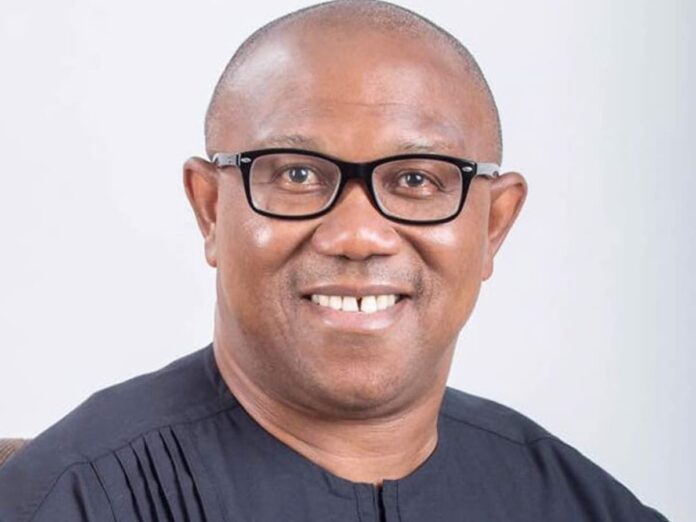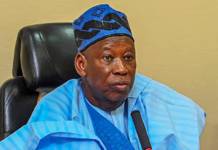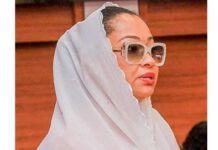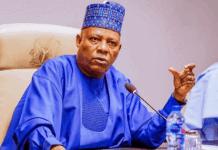A recent face-to-face electoral poll conducted in rural communities in 12 states across Nigeria shows Peter Obi currently leading voting intention at 40.37 percent of survey respondents. Atiku Abubakar is at 26.7 percent and Bola Tinubu at 20.47 percent, while bout 7.16 percent of the respondents are still undecided.
The independent survey by Nextier, a policy consulting firm, defined rural communities as local government areas without tertiary educational institutions. The survey, conducted in person between October 21 and 22, 2022, intentionally excluded state capitals and urban areas to ascertain the voting intention of dwellers in Nigeria’s rural communities.
The survey had a sample size of 2,000 respondents and generated a margin of error of 2.2 percent at a 95 percent confidence interval. The survey sample population was representative of age and gender demographics in the states. The survey sample included two States from each of the six geopolitical zones ensuring that each state is controlled by the Peoples Democratic Party (PDP) and the All Progressives Congress (APC). The states included Nasarawa (APC), Benue (PDP), Gombe (APC), Bauchi (PDP), Kebbi (APC), Sokoto (PDP), Cross River (APC), Edo (PDP), Imo (APC), Abia (PDP), Ogun (APC), and Oyo (PDP).
The poll yielded critical insights into voter preferences and the key issues that could shape the 2023 presidential election. For instance, 76.2 percent of survey respondents stated that Nigeria is moving in the wrong direction.
Survey respondents stated that insecurity, bad governance, unemployment, and a weak economy are the most important issue in Nigeria today they want someone to solve.
The regional view of voting intention shows Atiku Abubakar of the PDP leading in North West with 59.8 percent and in the North East with 50.3 percent, with Bola Tinubu of APC as second in those regions with 25.4 percent and 27.2 percent, respectively.
Peter Obi of the Labour Party leads in the North Central with 59.8 percent, South-South with 67.3 percent and South East with 94 percent.
The South West is the most contested region, with Bola Tinubu leading with 37.4 percent and Peter Obi in second place with 24 percent. About 19.8 percent of the surveyed voters in the region are still undecided on their preferred candidate.
On the “net favourability” index, Atiku Abubakar of the PDP is at +17.3 percent; and Bola Tinubu of the APC follows at 4.98 percent. However, Peter Obi of the Labour Party garnered +30 percent, while Rabiu Kwankwaso of the New Nigeria Peoples Party has the least net favourability among the four leading candidates at -8.70 percent.
Peter Obi recorded the highest level of preference across all age ranges. Atiku Abubakar was second in each group except for those aged between 65 and 74.
While Atiku Abubakar has the highest preference among Muslims, Peter Obi is preferred by respondents that self-identify as religious and those who chose not to declare their religion.
Atiku Abubakar and Bola Tinubu are preferred by respondents with no educational qualification, while respondents across most educational attainment groups prefer Peter Obi.
While respondents who chose not to disclose their employment status (“blanks”) prefer Atiku Abubakar (PDP), respondents across most of the employment groupings prefer Peter Obi (Labour Party).
Most of the respondents (83.16 percent) stated in their own words that nothing would make them change their minds and vote for another candidate. The survey respondents indicated that radio, social media, and family/ friends are the main channels through which they get information on the different presidential candidates

























